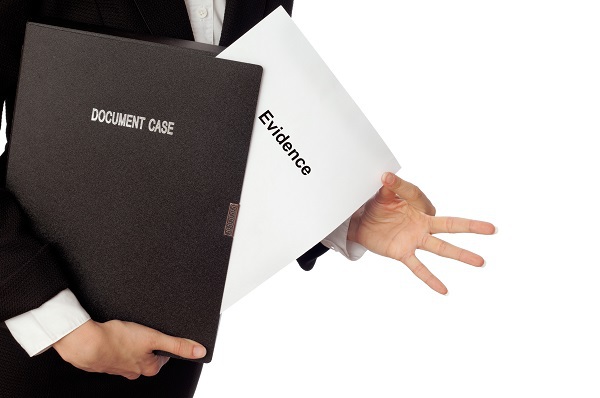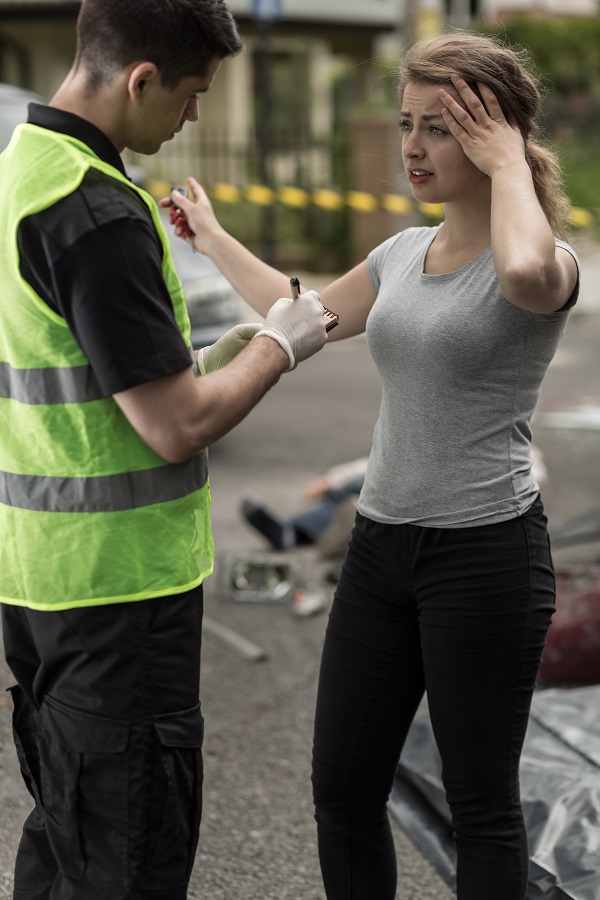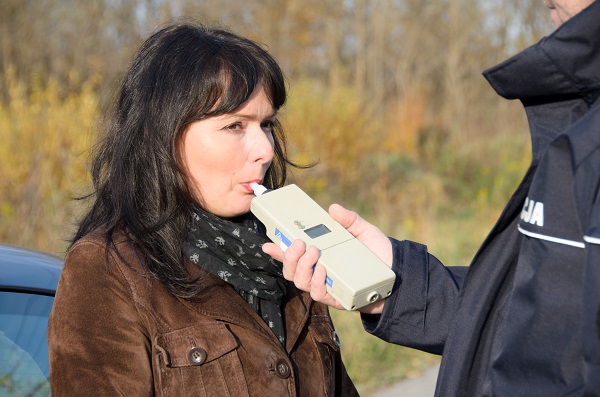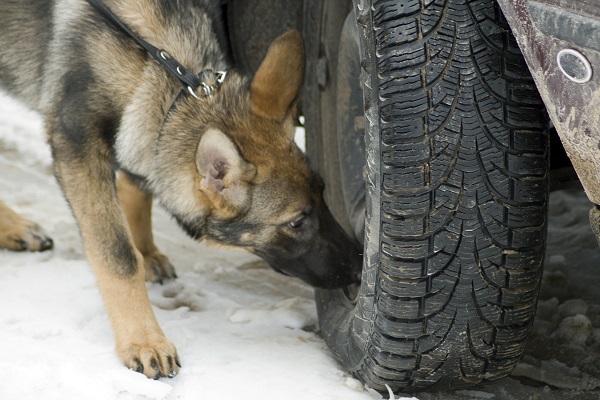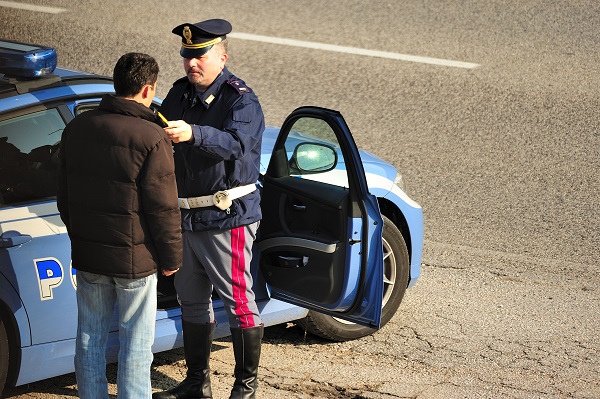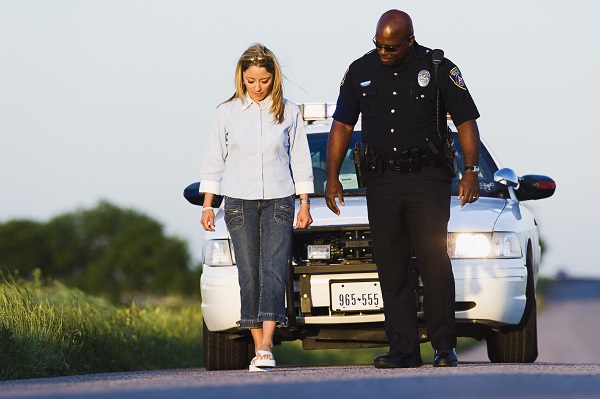What Is a Motion to Suppress?
A lawyer defending a client accused of driving under the influence frequently will file a motion to suppress evidence on the client’s behalf. A motion to suppress asks the court to suppress, or not allow to be used in court, a certain piece of evidence. The motion argues that the evidence should not be used in court because it was obtained illegally, it is tainted, or for some other similar reason. Motions to suppress arise from the exclusionary rule in criminal cases. The exclusionary rule states that defendants have the right to have excluded from trial any evidence that was...
Continue reading

